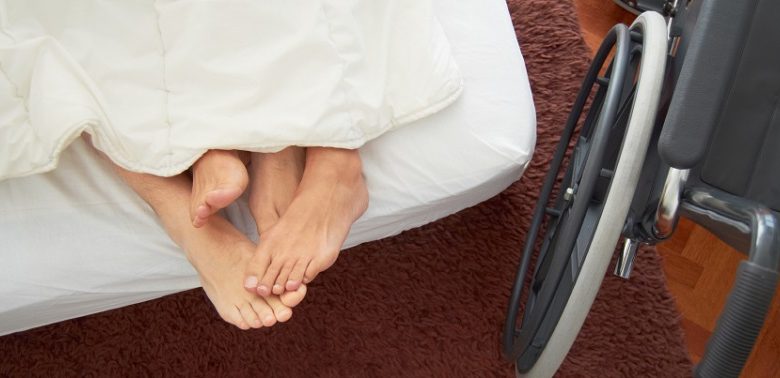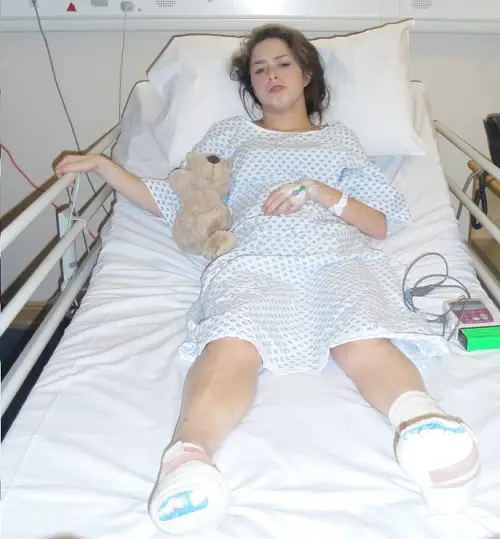
Sex and disability: a hot topic
It appears that over the last few years sex and disability has become something of a hot topic. However, that doesn’t mean it’s always portrayed in a positive way. Writer and blogger Catherine Shepherd explores…
For me, over the last few years, it’s became clear that most of society sees the disabled community as asexual. This wasn’t helped when Channel 4 aired the The Undateables in 2012. I am not sure I have ever disagreed with a programme more than this one.
The Undateables showed the first dates of people with various impairments. The patronising insight the show gave viewers made a mockery out of the disabled community and enforced the notion that people with disabilities are asexual.
I watched as people were laughing at the idea of disabled people being in ‘normal’ relationships and I was outraged. Although a few couples were successful in their love interests, overall the show made a laughing stock of individuals with impairments.
Since then I think perceptions have altered, if only slightly. Scope launched a campaign to #EndTheAwkward and I believe it was the best thing since sliced bread. They released a series of videos and articles on peoples’ experiences called The A-Z of Sex & Disability.
Its raunchy and light-hearted campaign, as they described it, moved sex and disability away from an awkward taboo status and towards something more empowering and acceptable. I followed this campaign from the start and I loved every minute of it. People with impairments told funny sex stories and instead of laughing at them, you could not help but laugh with them – watch Alex Brooker’s amputee story as a great example. Scope has portrayed disabled people as people who aren’t defined by their impairments but have good sex and bad sex like everyone else.
Some normality is finally being introduced into the concept of people with disabilities having sex lives and it is fantastic. A while ago I also read a BBC BBC article about 22-year-old Lucy who has a life-limiting condition. She talked openly about the awkwardness of sex and wheelchairs and how it feels to be viewed as asexual. Lucy is extremely brave and she is what inspired me to ignore the awkwardness and write this article and share the below image.
It is definitely not my sexiest look, but I chose to share this image from after my second operation on my feet in 2009 because although some of you might be reading this and thinking; ‘she’s not in a wheelchair, what does she know’, every impairment has knock-on effects. The weaknesses in my limbs impacts on a lot of little, everyday things, and this includes sex. I am lucky enough to have a partner who loves, me regardless of any impairment or flaw I have, and is still able to see me as, dare I say it, sexy.
Not everyone is as lucky as I am though and this is why campaigns like End The Awkward and articles such as Lucy’s are so important. Awareness of disability and the issues faced by individuals with impairments seriously needs to be raised. This is the 21st century and stats like this one from Scope are shocking:
Scope research shows that just 5% of people who aren’t disabled have ever asked out, or been on a date with, a disabled person. And less than one in five (16%) have invited a disabled person round to their house.
Scope is completely right and we really need to End The Awkward. It is time to see people with impairments as fulfilling beings capable of love, sex and whatever else they fancy!
By Catherine Shepherd
You can read more about Catherine Shepherd on her blog where she writes about lifestyle and disability.
Get in touch by messaging us on Facebook, tweeting us @DHorizons, emailing us at editor@disabilityhorizons.com or leaving your comments below.
